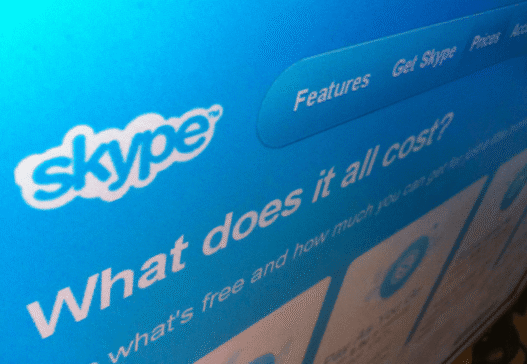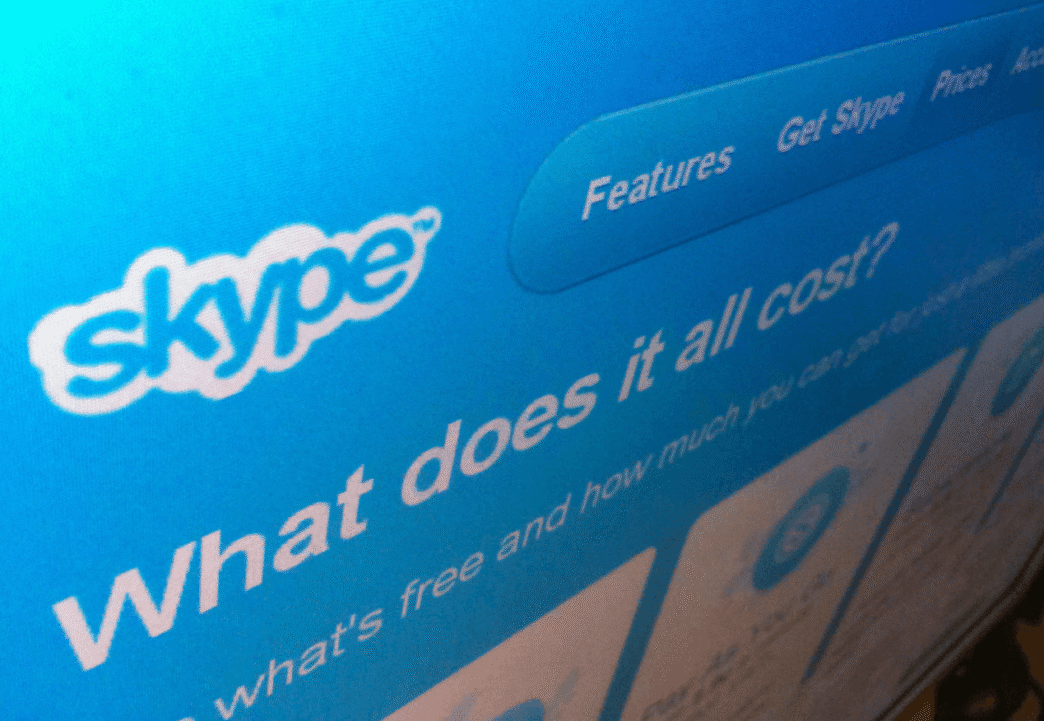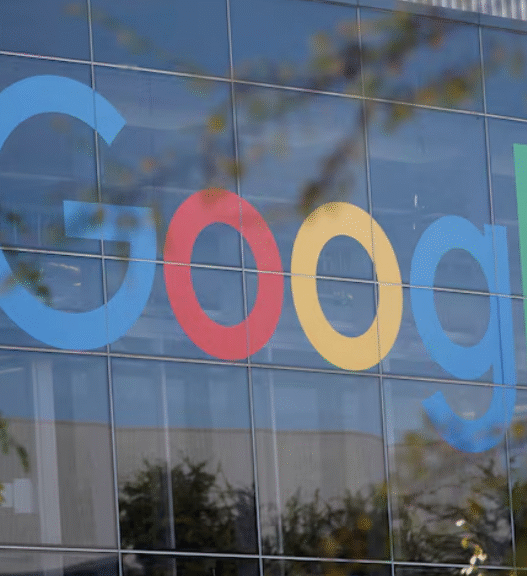After two decades of connecting people around the world, Skype has officially shut down, marking the end of an era in online communication. Microsoft, which bought Skype in 2011 for $8.5 billion, announced the platform’s closure on Monday, urging users to transition to Microsoft Teams or export their data. While Teams offers similar features, many users expressed nostalgia and sadness, sharing memories of growing up with Skype’s iconic call tones and interface.
Launched in 2003, Skype revolutionized internet-based calling, introducing free voice and video calls across the globe. Though its user base declined in recent years, from 40 million in 2020 to 36 million in early 2023, it remained a beloved communication tool. In tribute to Skype’s legacy, let’s revisit eight other popular apps from the 2000s and 2010s that have also faded away:
1. Vine (2012–2017)
The short-form video app allowed users to create six-second looping clips. Acquired by Twitter, Vine peaked with 200 million users but couldn’t support creators financially, leading to its shutdown.
2. AIM (1997–2017)
AOL Instant Messenger pioneered online chatting and popularized internet slang like “LOL” and “BRB.” AIM dominated early messaging but was ultimately phased out by more modern services.
3. MSN Messenger (1999–2014)
Microsoft’s response to AIM, MSN Messenger evolved into Windows Live Messenger, offering video calls before being replaced by Skype in 2012.
4. Friendster (2002–2015)
One of the first social networks, Friendster was especially popular in Southeast Asia. It was eventually sold and shut down after losing traction to newer platforms like Facebook.
5. Picnik (2005–2013)
A free online photo editor loved for its filters and easy interface, Picnik was acquired and absorbed by Google into its photo tools.
6. Omegle (2009–2023)
Known for pairing strangers in random video chats, Omegle gained rapid popularity but shut down after legal and safety controversies made the platform unsustainable.
7. Formspring (2009–2013)
An anonymous Q&A site that invited people to “ask me anything,” Formspring faded due to monetization issues and was overshadowed by competitors.
8. Ask.fm (2010–2024)
A successor to Formspring, Ask.fm enabled anonymous and private questions. Despite multiple rebrands, it will officially shut down in December 2024.
These platforms helped define a digital generation, shaping how we connected, created, and communicated online. As Skype joins their ranks, it marks not just an end—but a reminder of how quickly tech evolves.





















